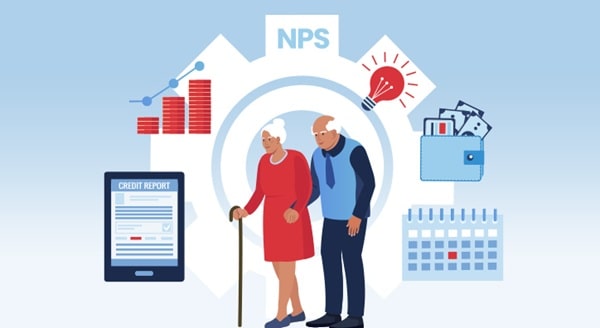In recent years, an increasing number of organizations have been discussing Diversity, Equity, and Inclusion (DEI). While many companies have started launching DEI initiatives, a common concern is whether these efforts are actually making a meaningful difference in the workplace.
It’s one thing to introduce a program or conduct a training session, but it’s another to foster a culture where every employee feels respected, valued, and included, regardless of their background, identity, or experience.
So, how do we ensure that DEI initiatives aren’t just for show? How do we ensure that they lead to real, lasting change?

In this article, we’ll explore what DEI really means, the purpose behind these initiatives, and how organizations can align their DEI goals with practical actions that create true impact.
What Are DEI Initiatives?
DEI initiatives are programs, policies, and practices designed to:
- Promote diversity (representation of people from different backgrounds, genders, races, ages, abilities, and identities)
- Ensure equity (fair treatment and access to opportunities for everyone)
- Create a culture of inclusion (where everyone feels welcomed and valued)
These initiatives can take many forms, such as:
- Conducting bias and sensitivity training
- Setting hiring targets for underrepresented groups
- Offering mentorship programs for diverse talent
- Reviewing pay equity and promotion practices
- Creating employee resource groups (ERGs)
- Celebrating cultural awareness days
But having a few programs in place isn’t enough. To be truly effective, DEI initiatives must be part of a bigger, long-term strategy.
Why Do DEI Initiatives Matter?
Better Innovation and Problem-Solving
Diversity fosters greater creativity, leading to more effective solutions and informed decisions. Hence, having a team with diverse members can open up a broad range of ideas and perspectives.
Stronger Employee Engagement
When employees experience fair treatment, feel a sense of belonging, and are valued, they tend to perform better and develop loyalty towards the company.
Improved Reputation
A strong DEI reputation shines a positive limelight on a company, making it a hub for top talent and loyal customers.
Legal and Ethical Responsibility
DEI laws aren’t just an ethical aspect for organisations. Several countries also have legal DEI laws and provisions that are mandatory for every organisation to meet.
Setting Clear and Actionable DEI Goals
The more clearly an organisation conveys its DEI goals to the employees, the higher the possibility is of those goals being successfully actionable. Hence, create a clear and measurable roadmap of DEI goals for your employees.
Here are some examples of good DEI goals:
- 20% increase in women’s leadership over the next 2 years.
- 100% completion of DEI training for employees by the year-end.
- 100% pay equity across every level and department.
- Uplift underrepresented backgrounds through mentorship programs.
- Measure DEI organisational DEI goals on a quarterly basis.
How to Ensure DEI Initiatives Make a Real Impact
Lead By Example
Leaders of the organization should be the flag-bearers of DEI goals. If the top-level management is the first to adopt change, it will flow seamlessly throughout the organisation’s hierarchy. That’s the best way for an organisation to display its commitment towards diversity, equality, and inclusivity.
Prioritise Employee Feedback
What better way to set DEI policies in place and define goals than by listening to the voice of your employees! Understand how employees truly feel about the work culture and what kind of change they would wish to bring about by conducting surveys, focus groups, and open discussions. Use this feedback to shape your DEI initiatives.
A Consistent Process
DEI trainings aren’t a “one-time-fix.” Consistent training sessions, workshops, and internal campaigns can help integrate DEI into daily progressive activities.
Collective Responsibility
The responsibility of meeting the company’s DEI goals extends beyond the HR department. It’s a collective responsibility for every leader and employee who is part of the organisation.
Common Pitfalls to Avoid
Here are a few common shortcomings that take place when a DEI initiative isn’t managed appropriately.
- Lack of commitment towards the policy.
- Lack of accountability with goals going unchecked.
- A singular and common approach towards diverse communities.
Avoiding these pitfalls helps make sure your DEI goals are more than just a checkbox.
DEI initiatives can help shape happy and collaborative workplaces. However, that is only possible when employees and leaders share a sense of collective responsibility towards DEI, not just seeing it as “just another formality.” Diversity, equality, and inclusion are what lay the foundation for a workplace’s ethical framework towards people of different cultures and backgrounds.

